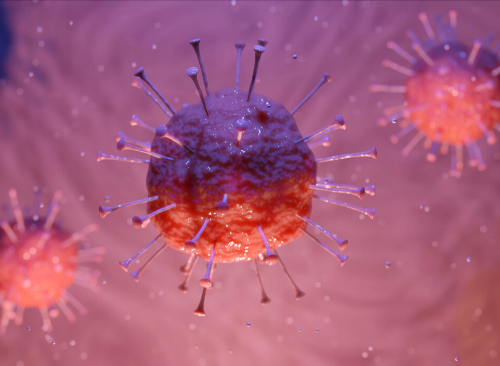New research, published in the New England Journal of Medicine, has found no evidence of benefit from a malaria drug hydroxychloroquine in treatingCOVID-19, the disease caused by the new coronavirus.
Researchers found that the drug did not reduce the risk of needing ventilators or dying. They examined nearly 1,400 patients who were treated at Columbia University in New York.
The study gives vital information for a decision that thousands of coronavirus patients have had to make without strong evidence about the risks and benefits of hydroxychloroquine, according to some journal editors and doctors.
The authors wrote, “It is disappointing that several months into the pandemic, we do not yet have results from any strict tests of the drug.” Still, the new study “suggests that this treatment is not a panacea.”
President Donald Trump has been pretty optimistic about the drug. He has repeatedly been urging the use of hydroxychloroquine, an old malarial drug that is also prescribed to patients with rheumatoid arthritis and lupus.
However, many experts, including Dr. Anthony Fauci, NIAID Director, warned against using the drug for COVID-19 due to a lack of scientific evidence.
The drug has been found to have potentially serious side effects, such as an increased heartbeat, which could lead to life-threatening cardiac events or even death.
The U.S. Food and Drug Administration (FDA) has warned against the use of hydroxychloroquine for COVID-19, except in formal studies.
Of all the participants, more than 800 received hydroxychloroquine with or without azithromycin (antibiotic) and over 560 did not receive the drug.
Overall, 180 patients required ventilators or breathing tubes, while 232 died, and hydroxychloroquine did not seem to improve the condition.
The researchers found that patients who received the malaria drug were generally sicker than the others were, suggesting no evidence of benefit in treating COVID-19.
The study, funded by the National Institutes of Health (NIH), has launched two of its own trials to compare hydroxychloroquine with placebo in order to establish the drug’s safety and efficacy. In the United States, COVID-19 has sickened more than 1.2 million and killed over 76,900 people so far.























